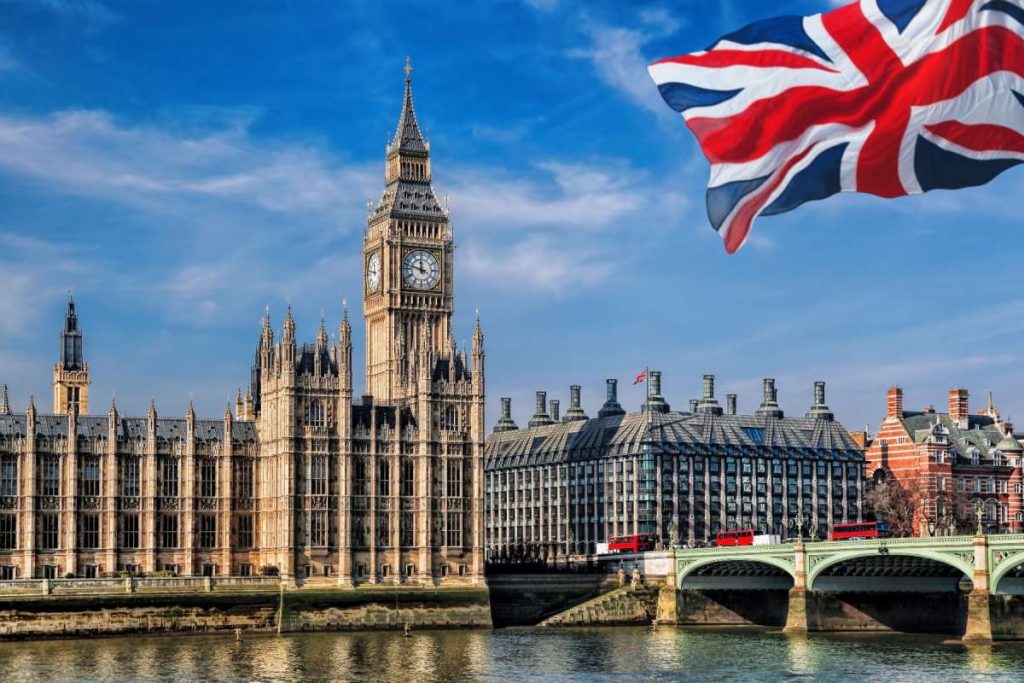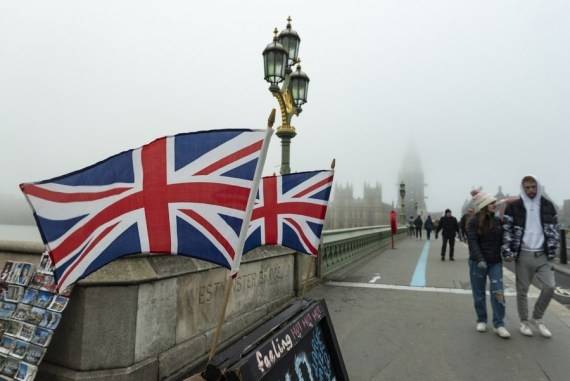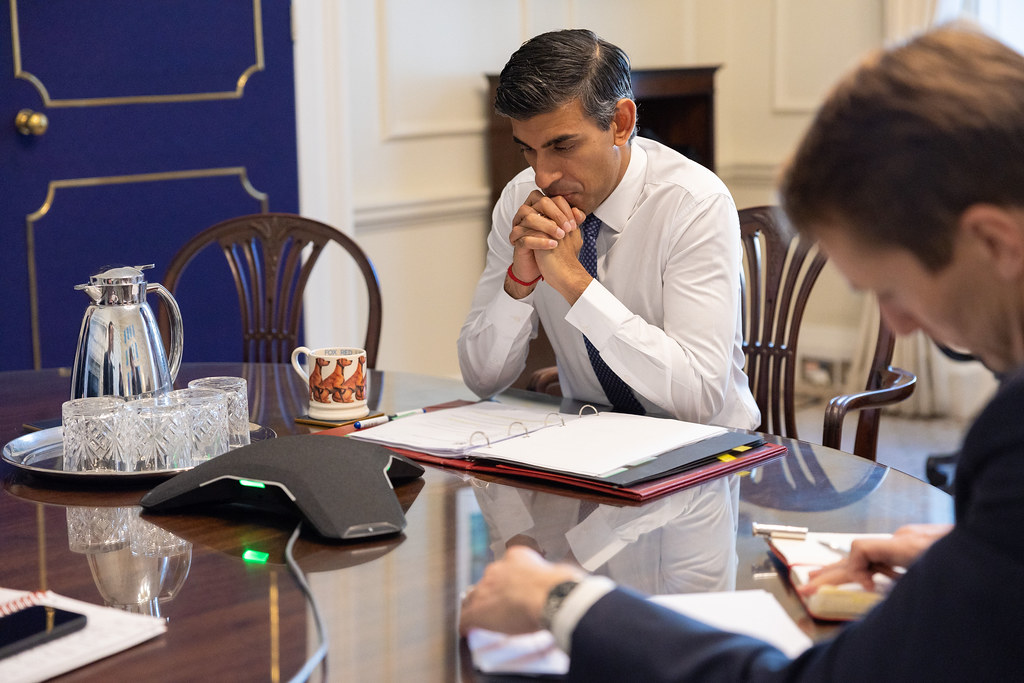Downing Street alerted that plans to bring overall numbers down could include putting up barriers for international students’ loved ones and restricting admissions to top universities…reports Asian Lite News
Rishi Sunak is considering a crackdown on foreign students bringing dependents and studying “low-quality” degrees after net migration to the UK climbed to a record half a million.
Downing Street alerted that plans to bring overall numbers down could include putting up barriers for international students’ loved ones and restricting admissions to top universities.
This would be in line with proposals being explored by Home Secretary Suella Braverman, who has previously complained about foreign students “bringing in family members who can piggyback onto their student visa” and “propping up, frankly, substandard courses in inadequate institutions”.
Around 504,000 more people are estimated to have moved to the UK than left in the 12 months to June 2022, up sharply from 173,000 in the year to June 2021.
The estimates were compiled by the Office for National Statistics (ONS), which said the jump was driven by “unique” factors including visa schemes for Ukrainians and Hong Kong citizens, and students arriving from outside the European Union.
People arriving on study visas accounted for the largest proportion of long-term immigration of non-EU nationals, at 277,000, or 39% of the total, the according to the ONS.

The Prime Minister’s official spokesman insisted Sunak was “fully committed” to bringing overall immigration levels down and blamed “unprecedented and unique circumstances” for the record high.
The official said: “We’re considering all options to make sure the immigration system is delivering, and that does include looking at the issue of student dependents and low-quality degrees.”
But such moves could meet resistance from other parts of Whitehall. Chancellor Jeremy Hunt last week insisted that immigration is required to boost growth.
“There needs to be a long-term plan if we’re going to bring down migration in a way that doesn’t harm the economy,” he said.
“We are recognising that we will need migration for the years ahead – that will be very important for the economy.”
The Department for Education could raise concerns over universities’ funding if the number of high fee-paying international students is cut.
Migration from non-EU countries, specifically students, drove the rise in levels of long-term immigration, said Jay Lindop, ONS deputy director of the centre for international migration.
“With the lifting of travel restrictions in 2021, more students arrived in the UK after studying remotely during the Covid-19 pandemic,” she added.
Universities UK said that measures making it harder for foreign students to study in the UK would ultimately push away valuable postgraduates who make a “huge contribution to research and the skilled economy”.
It comes after Home Secretary Suella Braverman said last month that the Government could introduce a cap on foreign student numbers in a bid to reduce overall immigration.
Braverman told MPs at the Conservative Party Conference that she would look to introduce more “balance” into the immigration system and clamp down on the “very, very high numbers” of low-skilled migrants, which she hinted included some foreign students.
“I do think we do get to a point where we have to look at some of the courses that people are doing in this country, some of the institutions, they are not always very good quality,” she said.

“I think it’s legitimate to question whether that is going to serve our economic objectives, and taking a more discerning, smart approach to the number of student visas I think is highly consistent with our agenda for growth.”
Cabinet minister Nadhim Zahawi also said last month that it was “not right” for international students to bring multiple dependents into the country with them because “we have to make sure that they’re coming to legitimately study here”.
The number of dependents travelling to the UK with foreign students is wrapped into official data on overall international students visas, but no further breakdown is publicly available.
Recent data from economic forecasting firm Oxford Economics showed that international students contribute just short of £30bn annually to the UK economy as an export sector, while also subsidising UK students studying high-cost subjects such as science and engineering.
In its release on Thursday, the ONS also pointed to previous analysis showing that 61 per cent of non-EU students left at the end of their study visa in the academic year ending 2019. It added that “the majority” of the remaining 39 per cent of students obtained additional visas or received visa extensions “and are likely to have left in subsequent years”.
A move to limit foreign student numbers would also stoke tensions within Government over plans to reduce net migration, while also trying to plug gaps in the British workforce.
Tony Danker, the head of the Confederation of British Industry (CBI), hit out at ministers last week over their plans to focus on the domestic market to fill job vacancies. “People are arguing against immigration but it’s the only thing that’s increased the potential growth of our economy since March,” he said.

